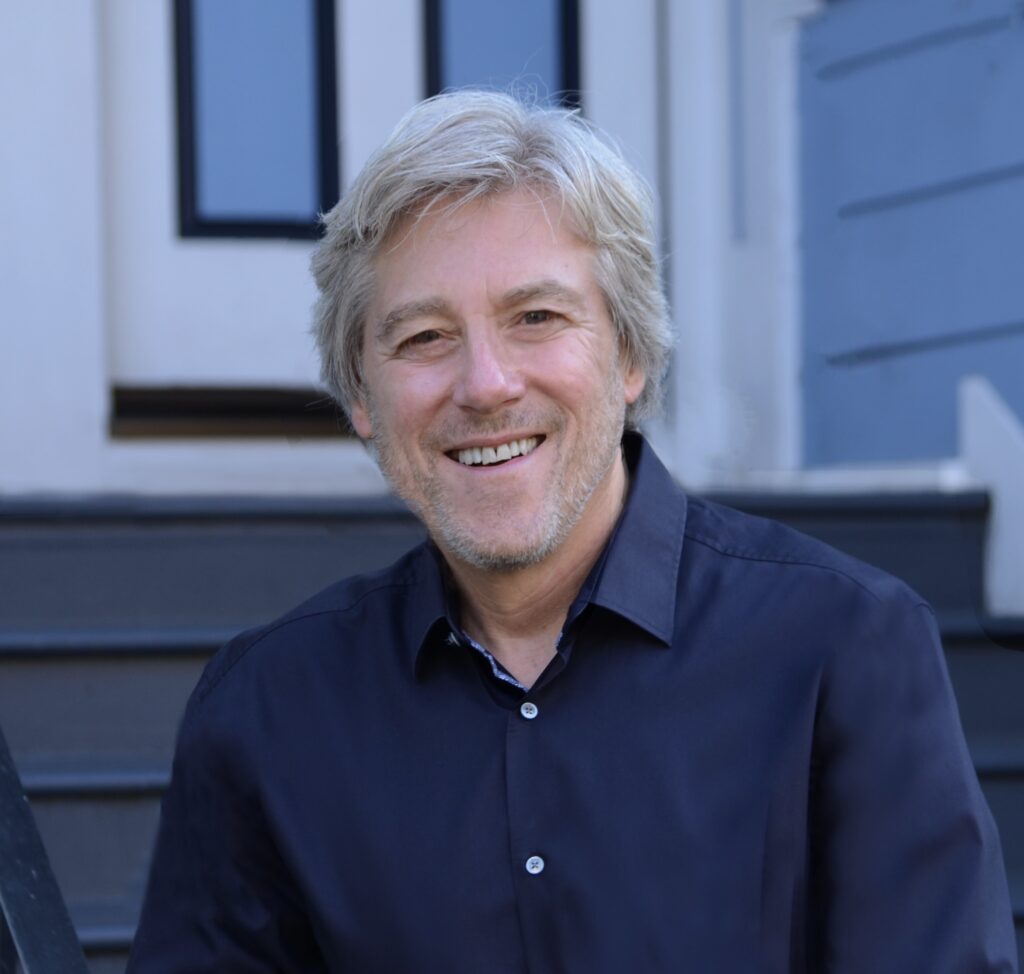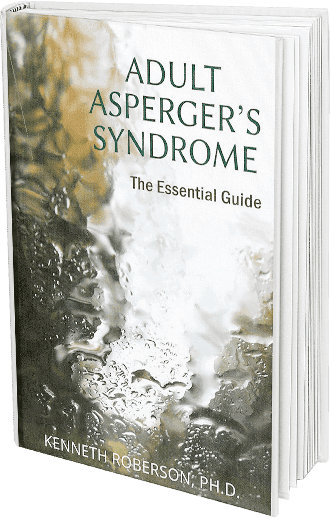
People diagnosed as schizoid lack interest in relationships with others, tend to lead solitary lifestyles, are emotionally detached, generally lack interest and enthusiasm, and are inclined to conceal their feelings and intentions. (see Wikipedia.)
Some would consider this description to resemble that of people on the autistic spectrum. Indeed, there are similarities between the two conditions, such as:
- Social withdrawal
- Difficulty relating to people
- Deficits in social skills
- Few close, lasting friendships
- Preference for aloneness
- Trouble with emotional expressiveness
- Preoccupation with their own interests
However, these shared features should not lead anyone to believe they are the same condition. They are quite different. Here is a description of those differences:
- Autistic people generally care about other people but find it overwhelming to be with them. They may want close relationships but don’t know how to connect with people. Schizoid people, on the other hand, don’t seek out relationships, not so much because they don’t have the skills to develop those relationships but because they don’t care much about people and don’t want connections.
- People with autism have trouble understanding non-verbal social cues like facial expressions, body posture, and vocal tone. On the other hand, a schizoid person is more likely to misinterpret non-verbal cues rather than not understand them because suspiciousness and paranoia are characteristic attitudes of the schizoid personality.
- Given the fact that people on the autistic spectrum are generally interested in others, they can develop and improve their social skills with assistance. Schizoid people, on the other hand, are not interested in developing social skills for the simple reason that they are not interested in other people.
- People with schizoid disorder often are not interested in hobbies, special activities, or narrow topics or objects. As a result, they tend not to enjoy many activities. In contrast, autistic people often have specific, narrow interests that they are passionate about.
- Autistic people often are overwhelmed by sensory stimulation, such as noises, lights, textures, certain foods, or even being around other people. As a result, they frequently experience meltdowns and often rely upon repetitive or unusual movements or noises to manage their emotions and cope with overwhelming situations. While the schizoid person may also be affected by sensory stimulation and experience meltdowns, their sensitivity to stimulation and corresponding meltdowns are much less pronounced.
- People with autism experience sexual desires, although they may find it difficult to express their sexuality within an intimate relationship. Those with schizoid disorder have little interest in a sexual relationship, as they have little interest overall in relationships.
Notwithstanding the differences between autism and schizoid disorder, someone can have both conditions. The likelihood of this is low, but it does happen. For this reason, having an assessment by a qualified professional who is familiar with both conditions and can distinguish between the two is advisable in cases where it is vital to determine an accurate diagnosis.
Dr. Kenneth Roberson is an Adult Autism Spectrum psychologist in San Francisco with over 30 years of experience. To ask a question or schedule an appointment, please call 415-922-1122.




